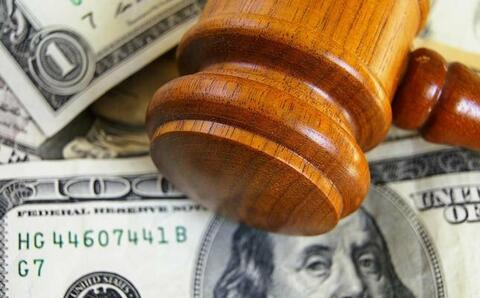A Warren County businessman today admitted fraudulently obtaining nearly $1.8 million in federal Paycheck Protection Program (PPP) loans, U.S. Attorney Philip R. Sellinger and Assistant Attorney General Kenneth A. Polite Jr. of the Justice Department’s Criminal Division announced.
According to federal officials, Rocco A. Malanga, 50, formerly of Hackettstown, pleaded guilty to an information charging him with bank fraud and money laundering.
According to documents filed in the case and statements made in court:
From April 2020 through August 2020, Malanga submitted false documentation to three lenders to fraudulently obtain approximately $1.8 million in federal COVID-19 emergency relief funds meant for distressed small businesses.
He submitted at least three PPP loan applications on behalf of three different business entities in which he fabricated the number of employees employed by each business entity, as well as their average monthly payroll.
Malanga then diverted some of the proceeds from the loans to fund a business that did not receive PPP loan funds.
The Coronavirus Aid, Relief, and Economic Security (CARES) Act is a federal law designed to provide emergency financial assistance to millions of Americans who are suffering the economic effects resulting from the COVID-19 pandemic.
One source of relief provided by the CARES Act was the authorization of up to $349 billion in forgivable loans to small businesses for job retention and certain other expenses through the PPP.
In April 2020, Congress authorized over $300 billion in additional PPP funding.
The PPP allowed qualifying small businesses and other organizations to receive loans with a maturity of two years and an interest rate of 1 percent.
Businesses must have used PPP loan proceeds for payroll costs, interest on mortgages, rent and utilities.
The PPP allowed the interest and principal to be forgiven if businesses spent the proceeds on these expenses within a set time period and used at least a certain percentage of the loan towards payroll expenses.
